5 of
You are browsing the full text of the article: The Drama
Click here to go back to the list of articles for
Issue:
Volume: 1 of The Kensington
| The Kensington Volume 1 Issue: 5 July 1901 Page: 170 | |||||||||||||||||||||||||||
| The Drama By Christopher St. John | |||||||||||||||||||||||||||
|
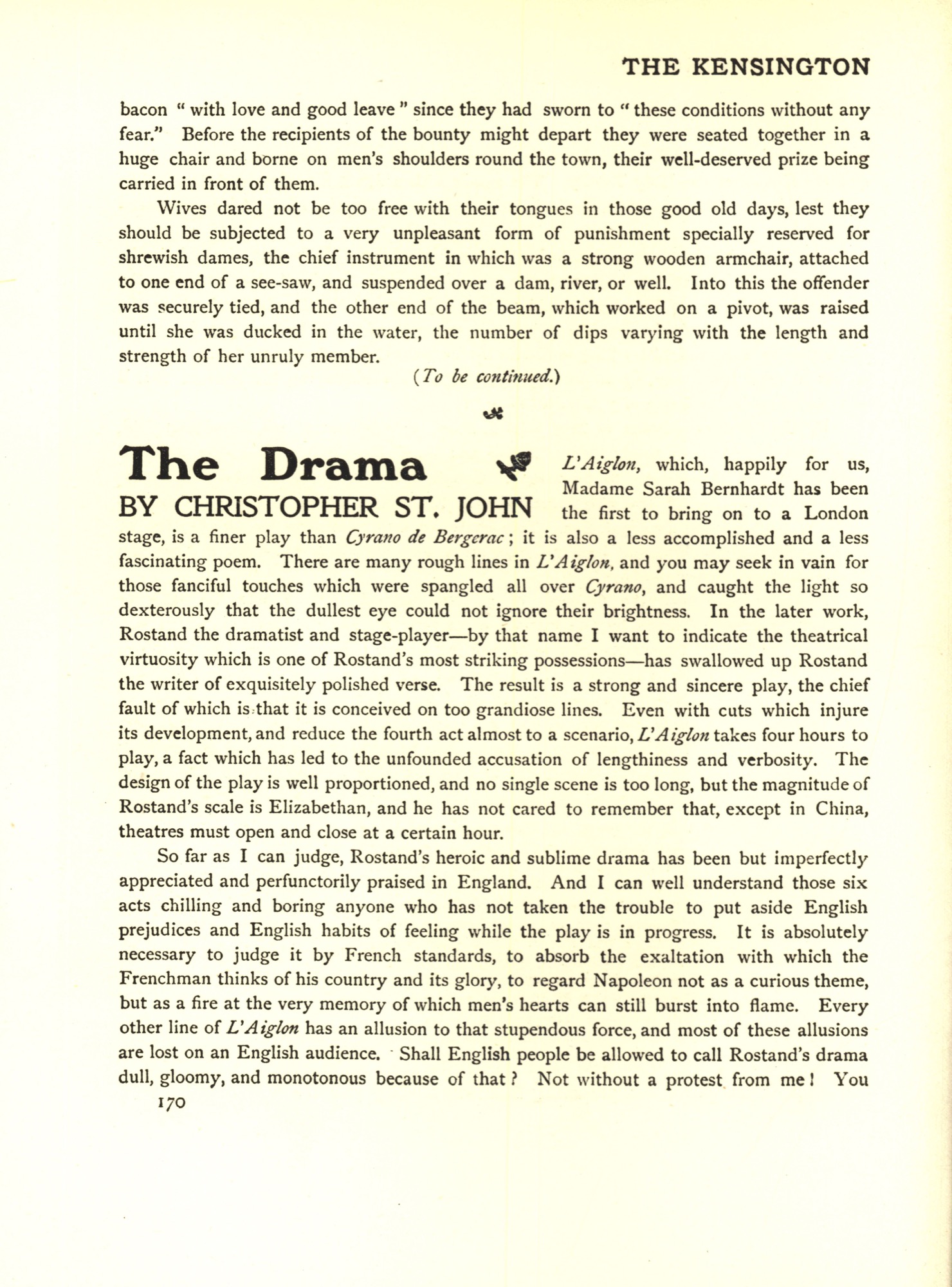
|
|
|||||||||||||||||||||||||
| The Kensington Volume 1 Issue: 5 July 1901 Page: - | ||||||||||||||||||||||||||
| The Drama By Christopher St. John | ||||||||||||||||||||||||||
|
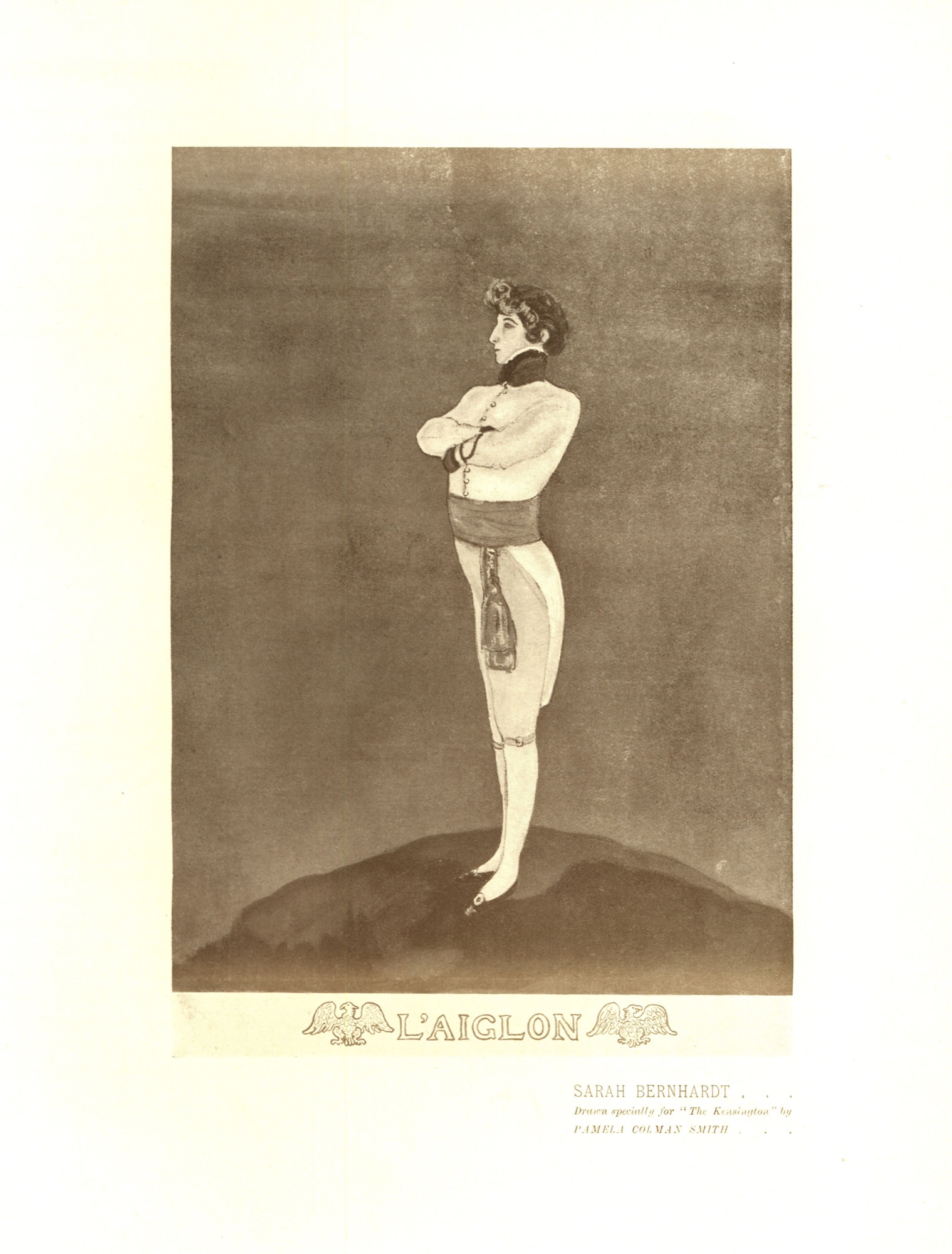
|
|
||||||||||||||||||||||||
| The Kensington Volume 1 Issue: 5 July 1901 Page: 171 | ||||||||||||||||||||||||||
| The Drama By Christopher St. John | ||||||||||||||||||||||||||
|
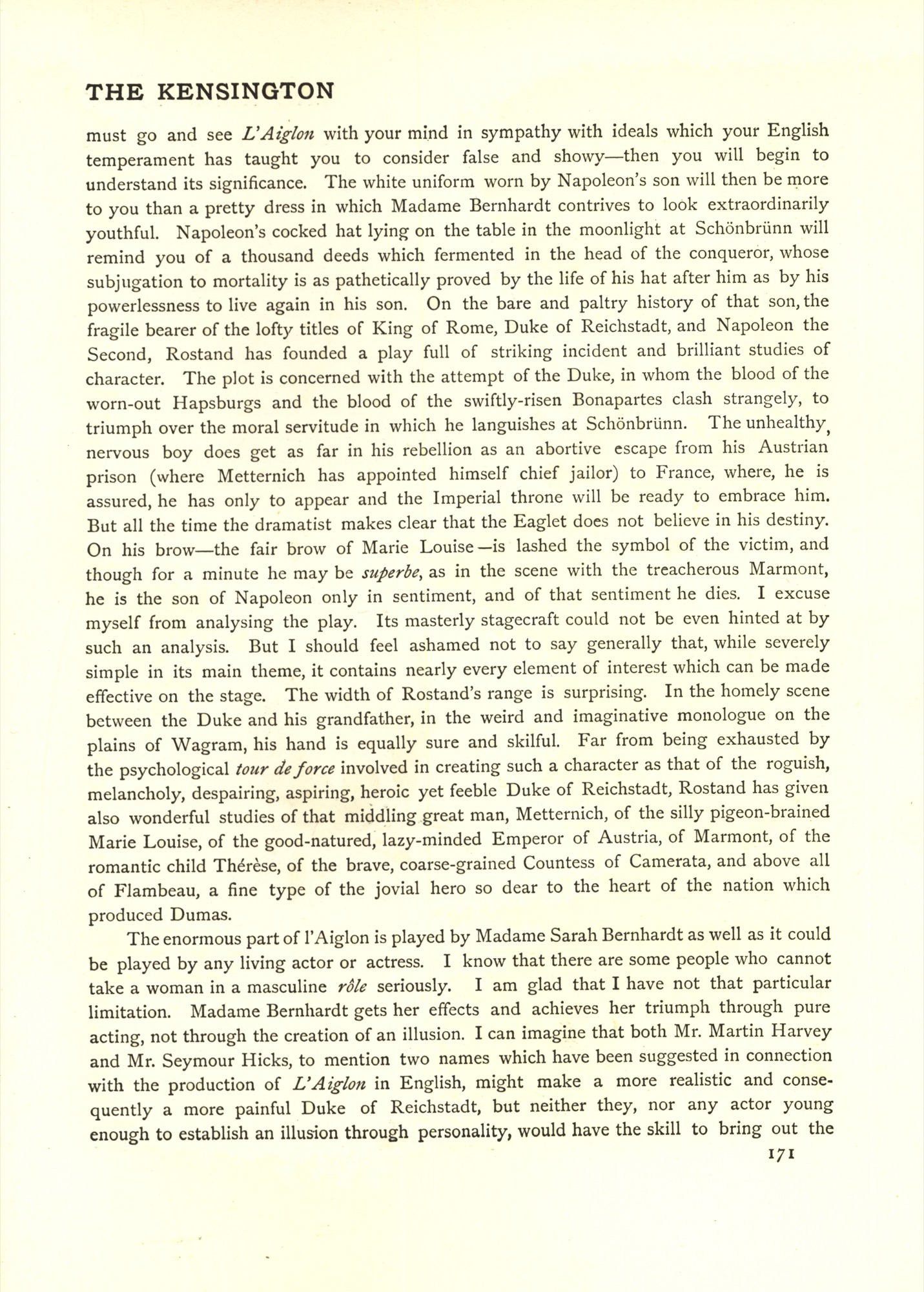
|
|
||||||||||||||||||||||||
| The Kensington Volume 1 Issue: 5 July 1901 Page: 172 | ||||||||||||||||||||||||||
| The Drama By Christopher St. John | ||||||||||||||||||||||||||
|
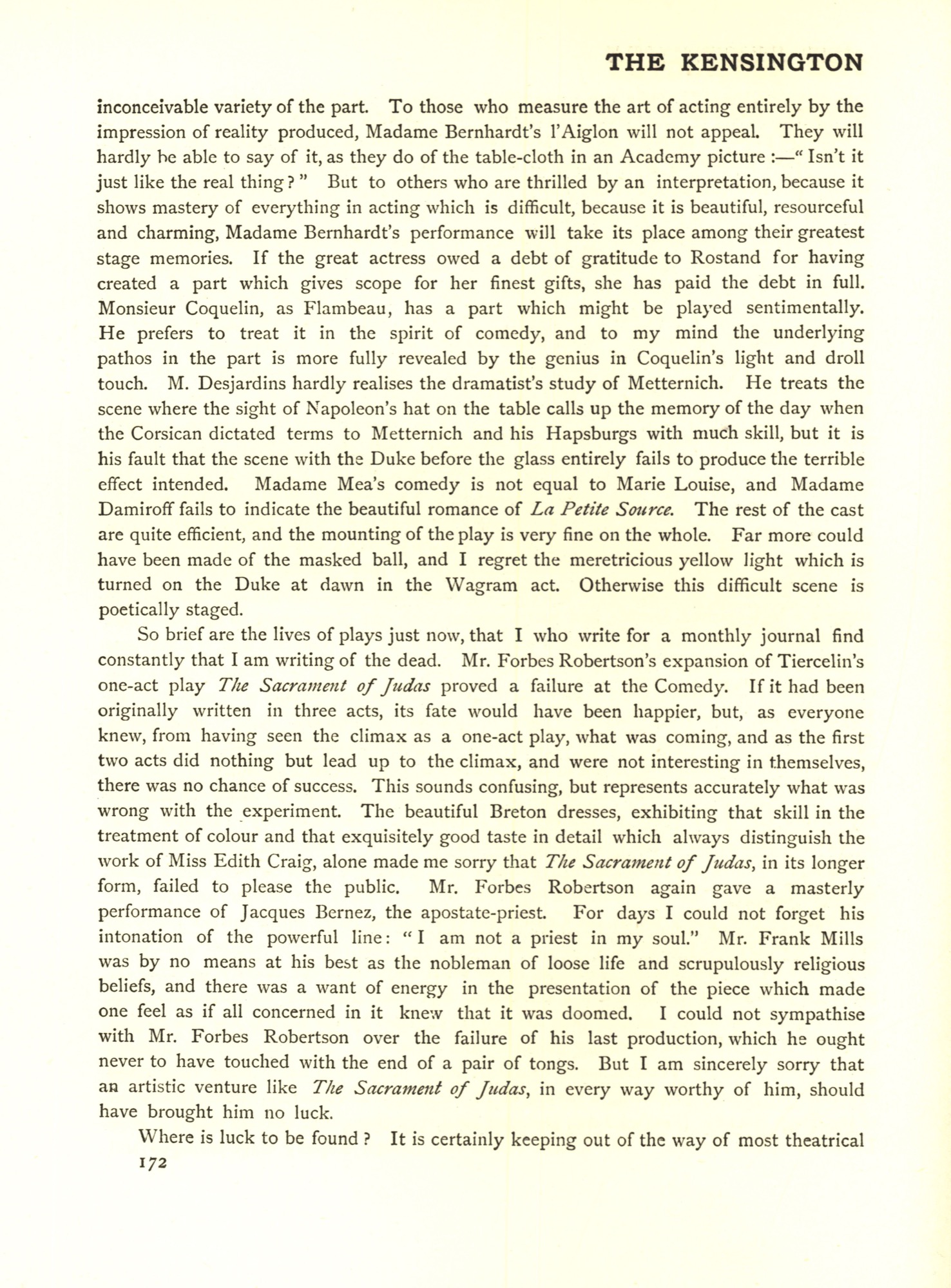
|
|
||||||||||||||||||||||||
| The Kensington Volume 1 Issue: 5 July 1901 Page: 173 | ||||||||||||||||||||||||||
| The Drama By Christopher St. John | ||||||||||||||||||||||||||
|
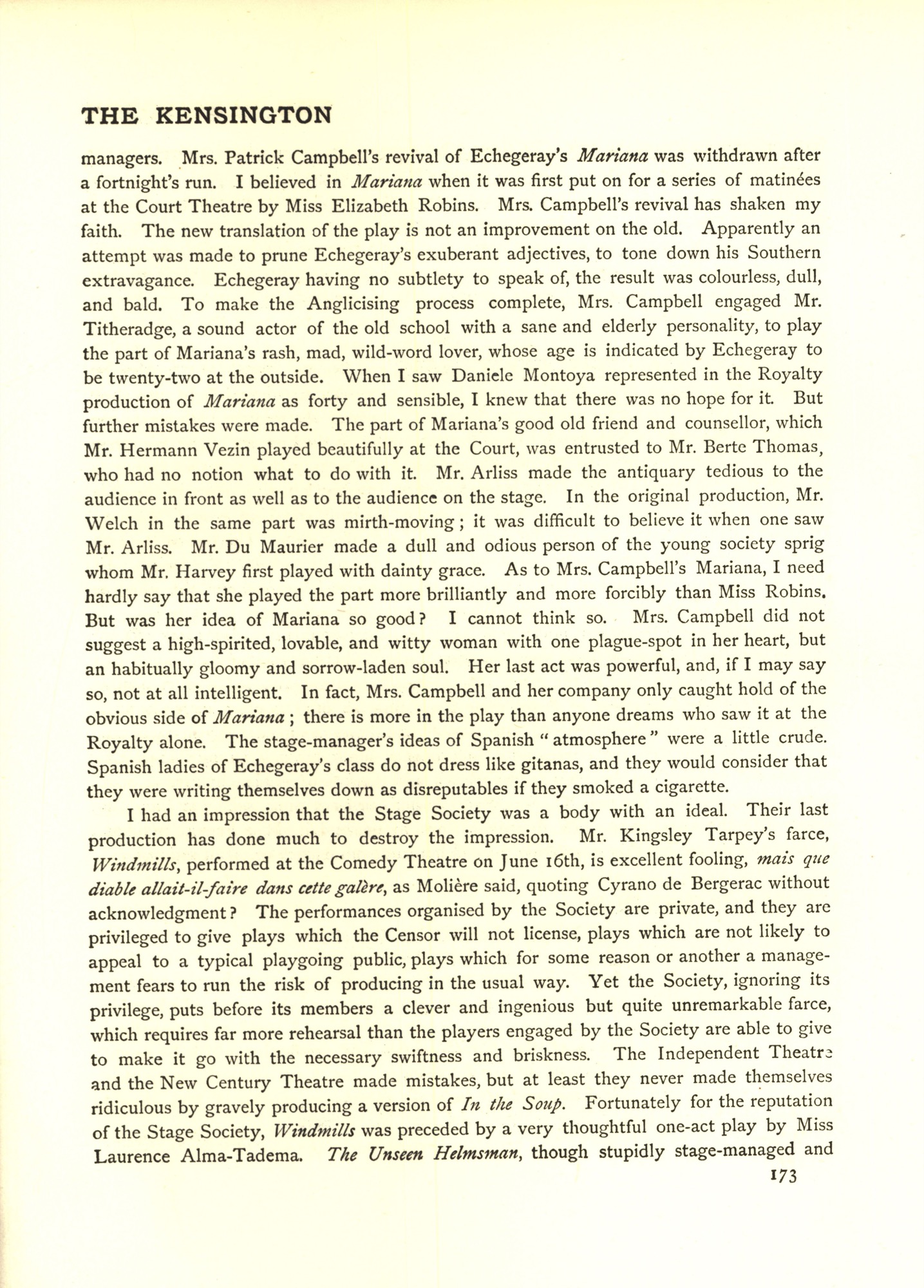
|
|
||||||||||||||||||||||||
| The Kensington Volume 1 Issue: 5 July 1901 Page: 174 | ||||||||||||||||||||||||||
| The Drama By Christopher St. John | ||||||||||||||||||||||||||
|

|
|
||||||||||||||||||||||||





